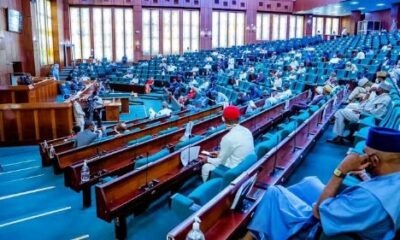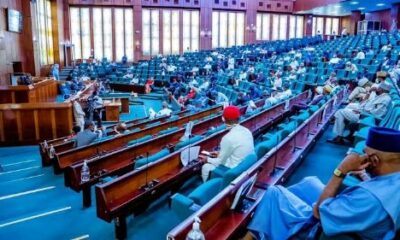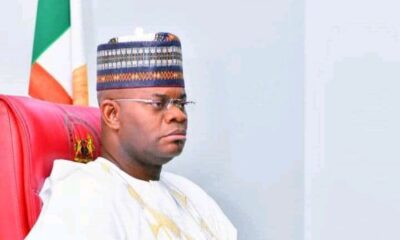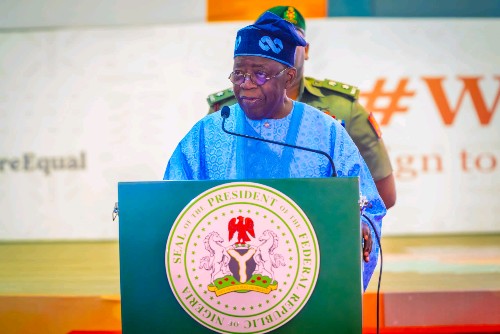As part of measures aimed at preventing the spread of deadly strains of COVID-19 in the country, the Federal Government on Monday extended its work-from-home directive for civil servants on Grade Level 12 and below.
According to the Presidential Steering Committee On COVID-19 domiciled in the Office of the Secretary to the Government of the Federation, civil servants will continue to work from home till June 11, 2021, after which the directive may be reviewed.
Amid concerns about deadly COVID-19 strains in India, South Africa, Turkey, and Brazil, the government also reintroduced some measures which were put in place during the second COVID-19 wave in Nigeria which includes restricted gatherings at worship centers and banned night clubs.
It was earlier reported that the World Health Organisation Regional Virologist, Dr Nicksy Gumede-Moeletsi had said B.1.351 variant of the coronavirus, first found in South Africa, was spreading in 23 African countries.
As of Sunday, Africa had recorded 4,673,466 cases. South Africa with 1.59 million cases has the highest number of infections in the continent.
Nigeria has so far recorded 165,419 cases of the virus out of which 2,065 have died while 156,300 have been discharged.
India, whose cases have attracted global attention following shortage of oxygen and hospital spaces, has recorded 22,991,927 infections.
To prevent a similar occurrence in Nigeria, the National Incident Manager, Mukhtar Mohammed at a press briefing in Abuja on Monday said a nationwide curfew would be introduced from midnight of Monday. He said the curfew would run from 12 midnight till 4am daily.
He also said gatherings for worship or weddings should not be more than 50 per cent capacity.
For civil servants, he said, “All Government staff on GL. 12 and below are to continue to stay at home until 11th June, 2021;
“Permanent Secretaries and Chief Executives to be held accountable for enforcing NPI rules in their domains with frequent spot checks; and
“Ensure that all NPIs are observed. Mandatory and proper use of face masks in all government premises.”
For non-government workers, the official said, “Encourage virtual meetings by offices. Avoid large meetings, decongest offices, and ensure they are well-ventilated;
“Encourage staff to work from home where possible;
“Mobile courts to enforce on-the-spot fines and close premises that repeatedly violate rules;
“Mandatory use of face masks and other NPIs. no face mask, no entry;
“Personalised services to ensure face masks are worn when selling goods or providing services and ensure provision of sanitizers and appropriate PPEs to all workers; and
“Encourage the use of approved Ag-Rapid Diagnostic Tests as recommended in the guidance for the use of approved COVID-19 AG-RDTS in Nigeria (on NCDC website).”
Mohammed said security agents had been saddled with the responsibility of enforcing all the non-pharmaceutical measures put in place by the government.

 BIG STORY16 hours ago
BIG STORY16 hours ago
 BIG STORY5 days ago
BIG STORY5 days ago
 BIG STORY4 days ago
BIG STORY4 days ago
 BIG STORY5 days ago
BIG STORY5 days ago
 BIG STORY4 days ago
BIG STORY4 days ago
 BIG STORY22 hours ago
BIG STORY22 hours ago
 BIG STORY5 days ago
BIG STORY5 days ago
 BIG STORY2 days ago
BIG STORY2 days ago






































